Talk Overview
Richard Harland begins his talk by asking how a fertilized egg goes from a single cell to a complex, multicellular organism during vertebrate development. He explains that amphibians, and in particular Xenopus laevis, are an excellent system for addressing this question. For example, early experiments by Spemann and Mangold in newt embryos were the first to demonstrate the presence of an “organizer” region, and more recent studies in Xenopus have identified many signaling molecules that control embryogenesis. Throughout his talk, Harland shows stunning movies to illustrate the beauty and complexity of early frog development.
During gastrulation, cell movements result in a massive reorganization of the embryo from a simple spherical ball of cells, the blastula, into a multi-layered organism. In his second video, Harland simplifies this complex phase of frog development by breaking it down into 7 separate steps and describing the specific cell rearrangements associated with each step.
In his last talk, Harland introduces the signaling molecules responsible for specifying distinct tissues in the embryo. He explains how signaling effectors, such as beta-catenin and Nodal/PSmad2, become localized in the blastula by determinants set up in the egg, and how these signals induce the formation of the mesoderm layer. He also describes classic experiments from the 1990s showing that the organizer is necessary to pattern the mesoderm into tissues such as muscle and neural plate. Harland then focuses on experiments from his lab that identified the molecules expressed in the organizer that specify dorsal cell fate.
Speaker Bio
Richard Harland

Richard Harland is the C. H. Li Distinguished Professor of Molecular and Cellular Biology at the University of California, Berkeley where his lab studies early vertebrate development in both Xenopus and in mice. As a PhD student, Harland studied DNA replication in the lab of Dr. Ron Laskey at the MRC Laboratory of Molecular Biology,… Continue Reading

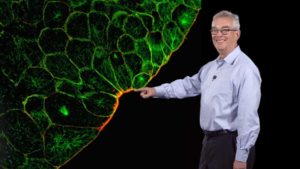
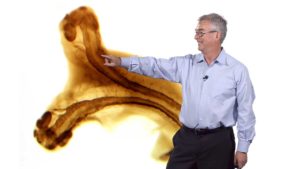
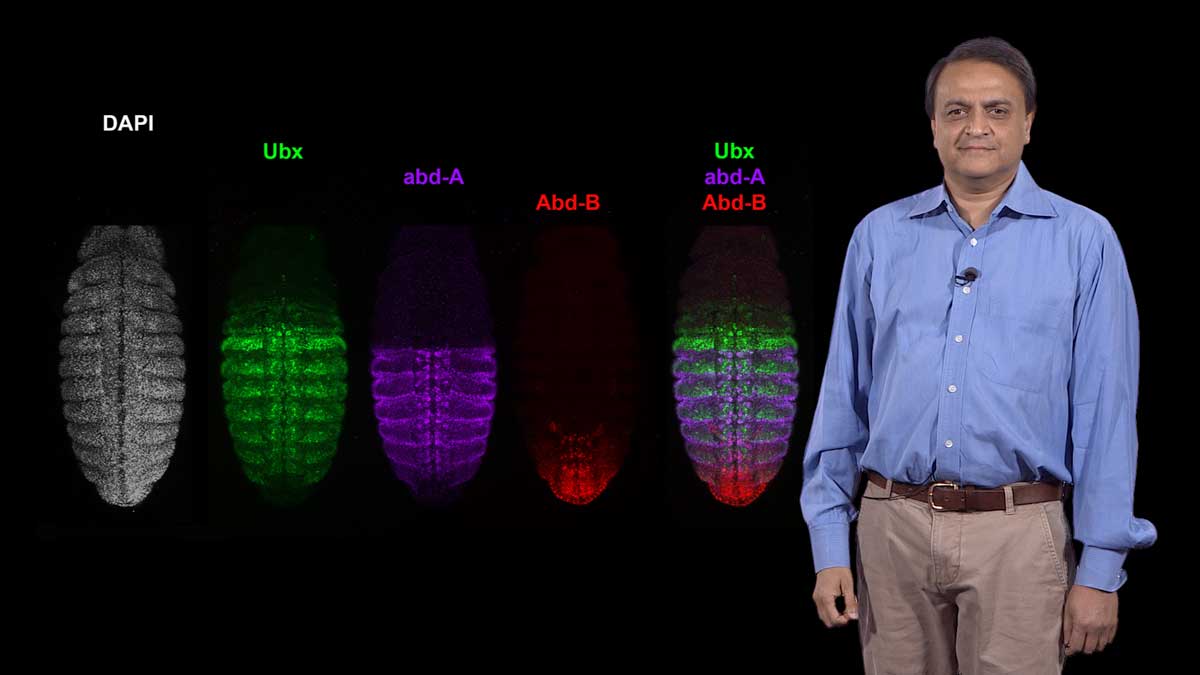
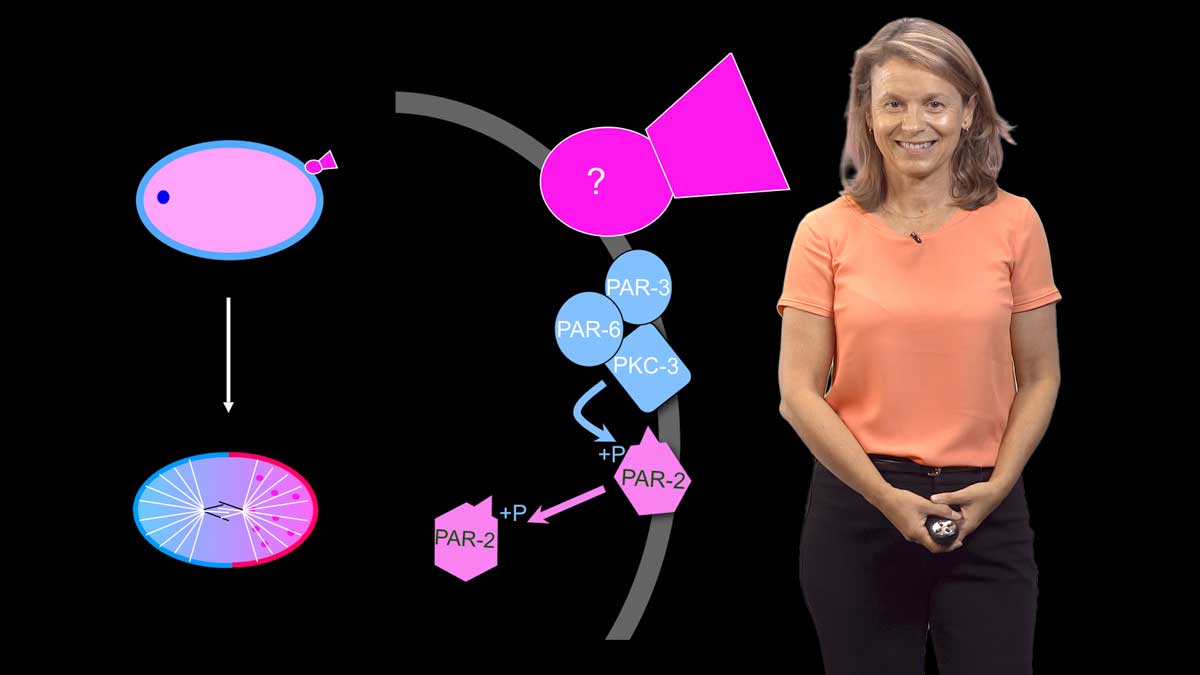

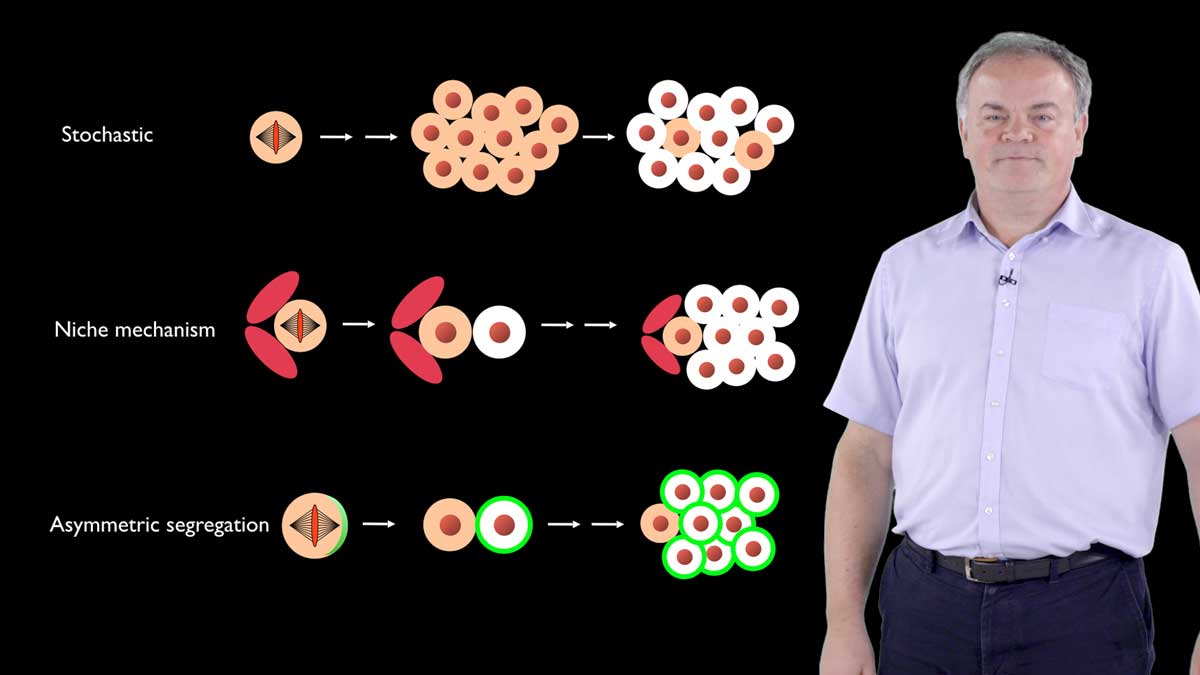





Bita Jafarpour says
I am new to this area of science and your lecture is one of the best lectures on Developmental biology and gastrulation. Thank you !